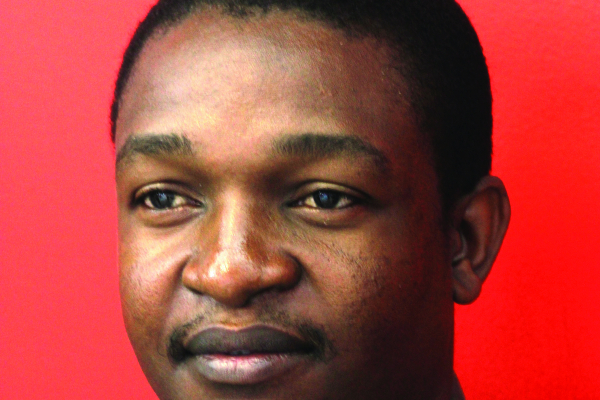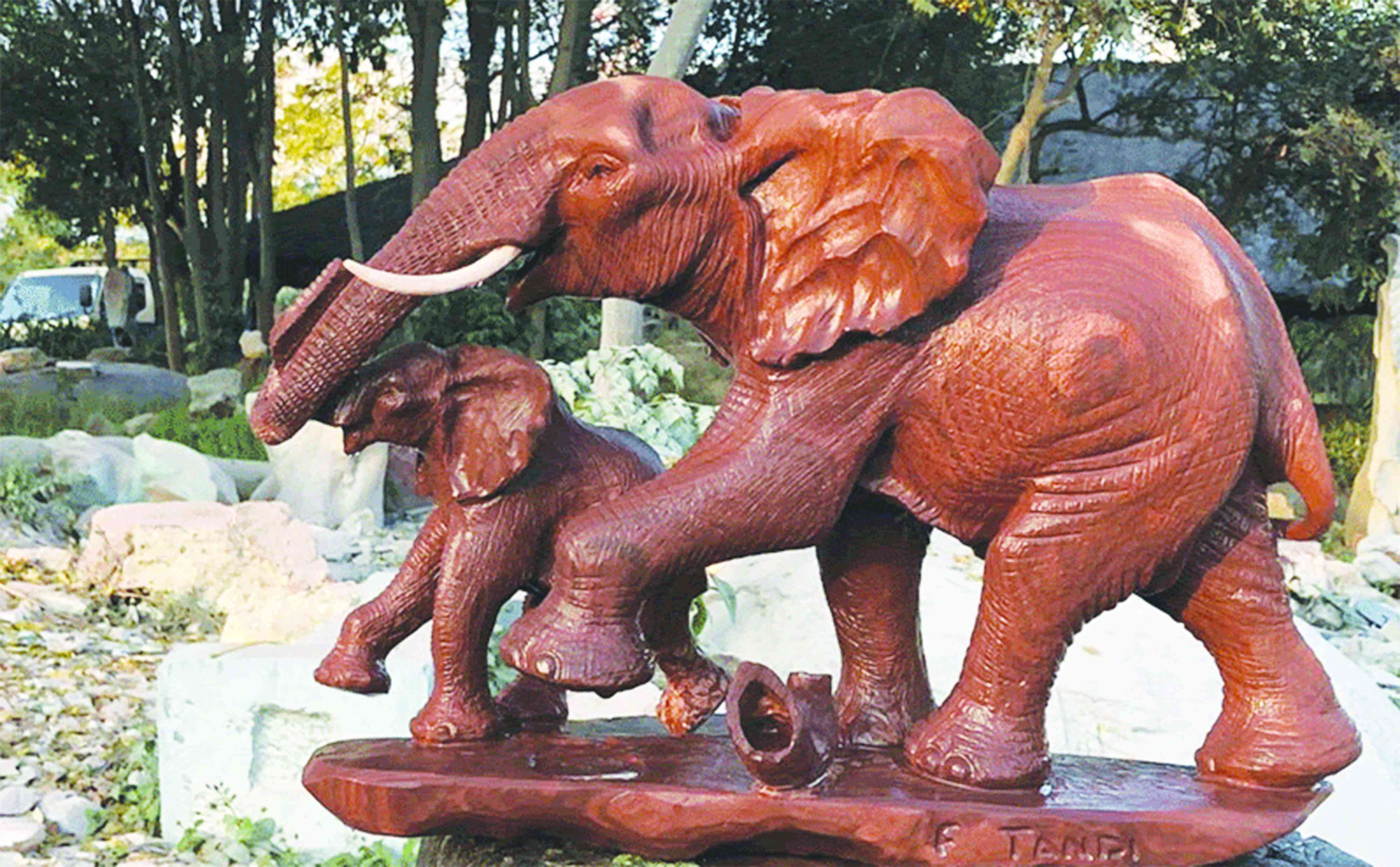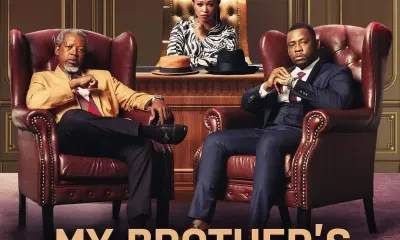
Between the Lines: Phillip Chidavaenzi
Title: Lessons from My Grandmother (Every Life is a Guided Journey) Author: Martha Mutomba Publisher: Morgan James Publishing, New York (2018) ISBN: 978-1-68350-466-5
NEW YORK-BASED author, Martha Mutomba, tells a gripping story of how a young woman’s interaction with her grandmother after a brief return from the diaspora significantly impacts her world view and perceptions about human life.
Yeukai, the protagonist, however, struggles to implement the many lessons gleaned from her mother as she is absorbed in American consumerism that drives her into a meaningless life.
Often when we look at our grandmothers, we often don’t pay much attention to them and view them as people in the twilight of their lives, with very little that they can still offer the world as their strength has been dissipated by the slow march of time. In this book, however, Mutomba challenges this narrative through Yeukai when she gets an opportunity to spend a lot of time with her grandmother after a brief return home from the diaspora.
The knowledge that Yeukai has accumulated over many years of study in the medical field abroad seems to pale off in comparison to the wisdom she gleans from her grandmother, whose knowledge about life and the world seems to be encyclopedic. What is quite clear from Yeukai’s interaction with her grandmother is that much of what we need to know about life cannot be found in books, but is handed down from one generation to the next through oral tradition.
In one of their rendezvous, Yeukai’s grandmother reveals how people’s names in the Shona culture are carefully chosen to communicate certain truths and affirm individuals’ roles and callings: ”I knew then that you were the one who would take over from me, so I chose the name Yeukai to remind myself that when the time came, I would teach you the lessons I need to pass on to you. This knowledge I speak of is not something you will find in book.” (pp43).
Mutomba’s Twitter profile describes her as a ”woman of the world, humanitarian, storyteller, poet and teacher of ancient wisdom”. Indeed, as a teacher of ancient wisdom, she uses Yeukai’s grandmother in the book as her mouthpiece through layers of wisdom she downloads to her granddaughter.
- Chamisa under fire over US$120K donation
- Mavhunga puts DeMbare into Chibuku quarterfinals
- Pension funds bet on Cabora Bassa oilfields
- Councils defy govt fire tender directive
Keep Reading
Yeukai demonstrates a deep-seated appreciation of her people’s traditions and culture, in which individuals are referred to by their totems and honoured through praise poetry whenever they do good. After a long time in a foreign land, she is keenly aware of these Afro-centric ethos and how they bind kinsmen together in oneness.
This unity is shown by how, every time she returns home to Zimbabwe, Yeukai has to travel to the rural areas where her grandmother, the family matriarch, resides. Here, members of the extended family congregate to pay homage to one of their own who has returned from faraway lands. This is such an important ritual it has to be carried out at this rural outpost from which the family originates, and not in the urban metropolis in which various members of the extended family are now scattered.
Armed with the knowledge from her grandmother about the beauty of her people’s way of life dating back to time immemorial, Yeukai develops a sharper awareness of Eurocentricism and how its religion has made telling raids into her culture.
She seeks to challenge mainstream, formal and westernised religion that delegitimises traditional African belief systems. She does so by juxtaposing the two religions — with the one brought by Catholic missionaries presided over by “a God who dwelled in the sky somewhere, judging, passing sentences, and punishing us human beings-sinners” whereas the one introduced to her by her grandmother, known as Source, is “a loving, caring, nurturing, forgiving, healing, and harmonising life force behind all creation” (pp7-8).
The author seeks to reframe the way religion has been presented by highlighting the beauty, strength and grace found in long-cherished traditions of Yeukai’s people.
As the world fumbles in the dark, groping for solutions to the myriad of crises that afflict it, Yeukai’s grandmother reveals to her that all the chaos that has torn the world apart can be directly traced to humanity’s disconnection from its source.
In a Western world where materialism reigns supreme and human life seems to revolve around the orbit of consumerism, with individuals pursuing power and influence, Yeukai’s grandmother brings up an important revelation: ”We don’t need a fancy education, we don’t need power and control over others, we don’t need a lot of money, and we don’t need to be born into privilege. All we need is our willingness to connect to Source.”
After these insightful conversations, Yeukai begins to see her grandmother — whom she has known all her life — in a new light.
When she leaves home for her new base in San Francisco, the lethal touch and deep-seated influence of the artificial lifestyle she has been seeking to escape returns and sees her shelving all the wisdom and knowledge handed down to her by her grandmother. She opts to focus “on the hustle and bustle of starting a new life, a new culture, in a new city, in a new country.” (pp102).
Sooner rather than later, however, disillusionment sets in as emptiness gnaws at her soul, with the American Dream increasingly becoming elusive. Yeukai seeks meaning in shopping, travelling and establishing new relationships. The consumerist tendencies of the American society are aptly captured when she says, “People worked hard to earn money and shopped hard to spend the money they earned. They seemed to be no rest in between.” (pp108)
Yeukai’s second return to Zimbabwe coincides with the onset of political and socio-economic malaise that condemns the country onto the scrapheap of failed nations. Mtomba recounts with incisive precision, unflinching honesty and palpable compassion of how the Zimbabwean government, through its failed economic policies, reduces its population — including highly qualified professionals — into paupers.
Mkoma Martin and his wife, for instance, are forced to make far-reaching lifestyle adjustments just to be able to barely hang on by the teeth as they survive from day-to-day. His law firm, previously with 10 lawyers, has been reduced to just him, a para-legal and a secretary.











